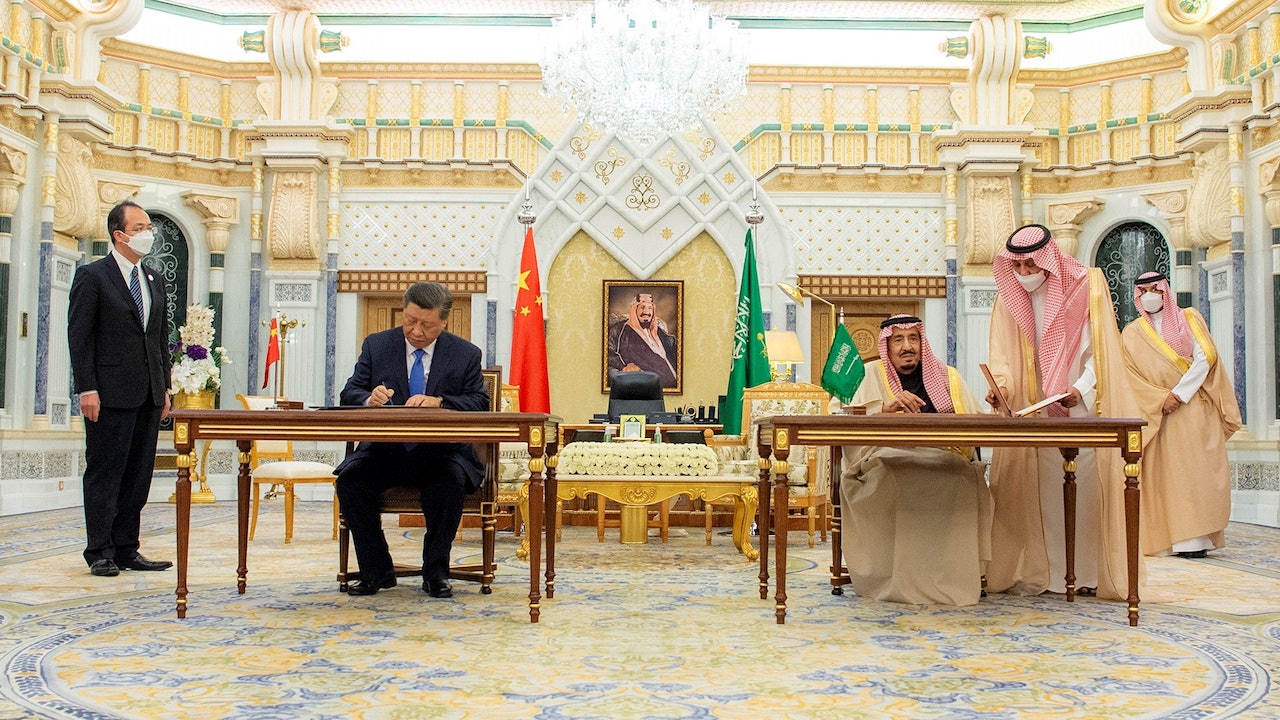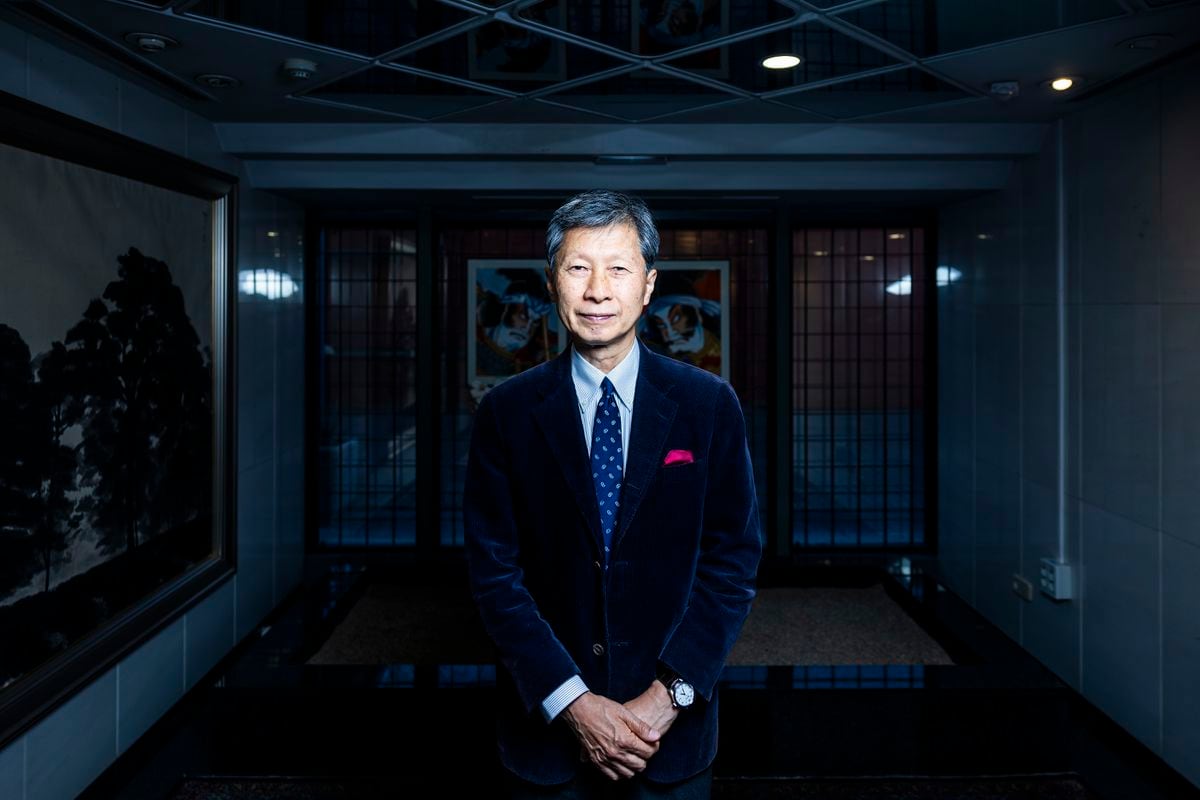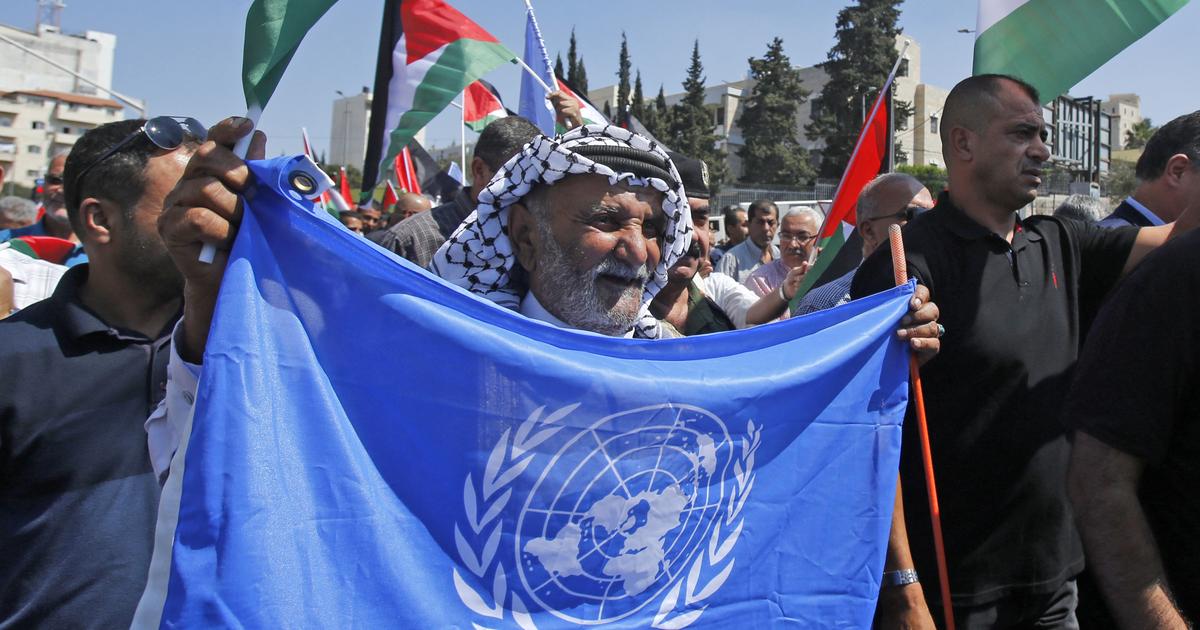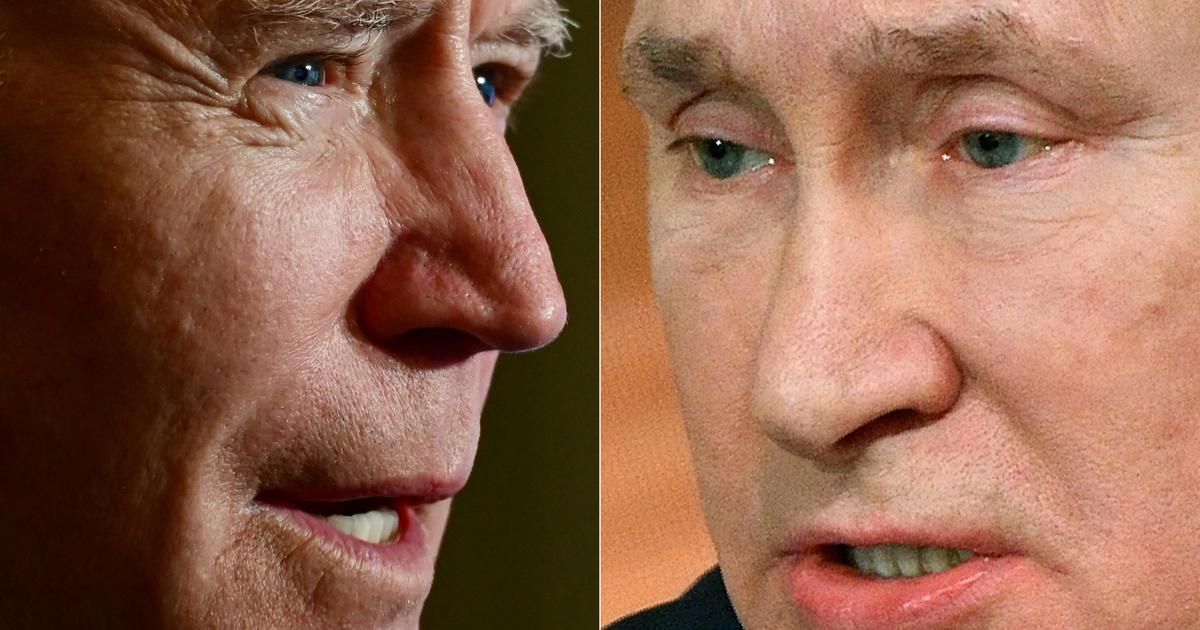In 2022, the interactions among major powers in the Middle East will become increasingly complex.
After the outbreak of the Russo-Ukraine War on February 24, countries were forced to face the real issue of "sanctioning Russia". The world seemed to have returned to the Cold War era, and several camps were split: European and American countries chose to participate in joint sanctions, and Russia gained very few allies direct support to China, while most countries in the world show varying degrees of neutrality.
In the Middle East, except for Syria's direct support of Russia's position and Iran's secret provision of military drones, most countries neither respond to Moscow's war demands nor participate in the joint sanctions initiated by Europe and the United States.
Such a posture is different from the US-Soviet cold strategy of the last century.
At that time, the Middle East was dominated by foreign powers and had to dance with the position of power; today's Middle East is affected by changes in the international situation and has shown stronger autonomy.
Take Saudi Arabia and Turkey as examples. The former clearly resisted the U.S. request to increase oil production, while the latter fluctuated violently between Europe, the United States and Russia.
At the same time, the degree of coordination between Iran and Russia has increased. However, in the past, Iran was isolated and sanctioned by the international community and could only rely on Russia. Now Russia is also receiving similar treatment for launching a war. Instead, Iran can maintain a relatively confident attitude with Russia Interact with a more distinct subjectivity than ever before.
The current war between Russia and Ukraine is unstoppable, and it is still unclear whether the two sides can reach a ceasefire agreement in 2023. However, in the new year of Middle East relations, as the conflict between Russia and Ukraine spreads, it is bound to stage a more complicated competition between major powers.
On June 30, 2022, Turkish President Erdogan attended a press conference when attending the NATO summit in Spain.
(Getty)
The United States is unwilling to lose its dominance
First of all, after experiencing twists and turns in 2022, the United States found that Saudi Arabia and other Gulf countries are not as controlled as before, and its overall voice in the Middle East has also declined as a result.
This phenomenon is related to the regional pulsation in the Middle East in recent years.
First, after the outbreak of the Arab Spring, various civil wars inspired the ambitions of regional powers; second, the United States gradually withdrew from the Middle East and could no longer provide security guarantees for traditional allies such as Saudi Arabia. The latter began to seek more diverse major power interactions. Hope to conduct strategic hedging to safeguard national interests.
Looking forward to 2023, the Joe Biden administration should try to regain its dominance in the Middle East and conduct a new wave of "re-engagement" with various countries, hoping to enhance the prestige and influence of the United States in the region.
However, given that the Indo-Pacific region is still the strategic focus of the United States, the military elements of "re-engagement" in the Middle East should not be high, and the results will naturally be relatively limited.
In fact, observing the US Middle East policy in 2022, we can find the worries of the Biden administration.
In 2021, the United States is busy dealing with the epidemic and attacking China. Its Middle East policy has shown a rare mildness in recent years. Announced the withdrawal of troops from Afghanistan and the resumption of negotiations on the Iran nuclear agreement in November.
At that time, the Biden administration’s slogan was, “no more failed states,” which indicated the United States’ declining appetite for armed investment and its growing preference for diplomatic solutions to regional issues.
However, the direct result of such actions is not to solve the problem, but to convince all walks of life that the United States is about to withdraw from the Middle East. For example, Iran-backed military organizations such as the Houthi armed forces and Lebanon’s Hezbollah did not restrain themselves because of the United States’ willingness to negotiate. Attacks on Saudi refineries and Israeli deployments, for which the United States had no way to respond, eventually led to the alienation of Saudi Arabia and other countries.
Houthi rebels in Yemen attacked Saudi oil processing facilities with drones.
(Reuters)
Seeing such a development of the situation, the United States in 2022 will increase its political and economic investment in the Middle East, hoping to restore its status as a great power.
In July of that year, Biden visited Israel and Saudi Arabia. During this period, the parties signed a number of agreements, including technical cooperation and network security policy specifications. On July 14, he announced the establishment of the I2U2 Group, which gathered Israel, India, the United States, and the United Arab Emirates. Launch joint investment and cooperation in the fields of water resources, energy, transportation, space, health and food security.
In July and November 2022, the United States established bilateral partnerships with Saudi Arabia and the United Arab Emirates to accelerate clean energy; in October 2022, under the mediation of the United States, Israel and Lebanon signed a maritime agreement, agreeing to cooperate in the exploration of energy in disputed sea areas; In November 2019, Biden visited Egypt, attended the United Nations Climate Change Conference (COP27), and met with Egyptian President Abdel Fattah el-Sisi.
From the above actions, it can be seen that the United States wants to maintain its strategic presence in the Middle East, but is unwilling to follow the old path of military investment. Under the balance between the two, it has to exert force in the fields of energy, economy, and multilateral frameworks.
However, although Washington intends to maintain its old prestige, it is difficult for the enemy to follow the law of reality. The Middle East has been chaotic for many years, and the military game is still a very important underlying logic. Such a "limited" participation of the United States is doomed to only exchange for the cutscenes of the allies. Welcome, it's hard to get back the old glory, as evidenced by the conflict between the United States and Saudi Arabia.
Looking ahead to 2023, the challenge for the Biden administration remains.
The United States hopes to "re-engage" Middle East affairs, but the order to contain China and support the Russia-Ukraine war must be higher. Naturally, the resources that can be invested in the Middle East are relatively scarce; instead of increasing military investment, they frequently attack other countries. I am afraid that bossing around will only lead to repeated frictions in the US's interactions with the Middle East and aggravate the anti-US sentiment in the region.
In the end, the United States seems to return repeatedly, but in fact it seems to be gradually drifting away.
Crown Prince Mohammed bin Salman of Saudi Arabia attends the 41st Gulf Cooperation Council (GCC) summit.
(Reuters)
New Regional Power Relations
At the same time, the fading out of the United States not only gave birth to the sense of independence of countries, but also gave other actors such as China and Russia room to participate.
This trend will continue to intensify in 2023.
On December 8, 2022, Saudi Arabia hosted Chinese President Xi Jinping and held the first China-Arab States Summit and the China-Gulf Cooperation Council ("GCC") summit, which became the footnote of the era of Saudi Arabia's multi-polar diplomacy and also symbolized China. The staged results of years of hard work in the Arab world.
As mentioned earlier, the differences between the Gulf countries and the United States continue to intensify. The announcement of the Iran nuclear agreement in 2015 has already dampened the strategic trust of the Gulf countries in the United States. Since then, the continued fading out of the United States has played a devastating role.
During this period, China became an important economic and trade partner of most Middle Eastern countries, and its energy cooperation with the Gulf countries also rose sharply; Russia also increased its military investment in Syria and became an energy policy partner of the Gulf countries. , Most Middle Eastern countries have not participated in the sanctions against Russia, and OPEC+ has repeatedly rejected the US's proposal to increase production, and even announced oil production cuts in October, triggering a surge of public opinion that "Saudi Arabia supports Russia".
On December 8, 2022, Chinese President Xi Jinping met with Saudi King Salman during his visit to Riyadh, Saudi Arabia.
(Reuters)
Of course, being close to China and Russia does not mean that we are completely far away from the United States, and it does not mean that we are becoming anti-American.
Today's Gulf countries still have close arms cooperation with the United States, relying on American equipment, training, and military norms. Such a relationship will be difficult in the short term.
However, various external phenomena also prove that arms cooperation alone is no longer able to ensure that the Gulf countries can act in accordance with the wishes of the United States. This will be the case in 2022 and 2023.
In addition to the Gulf countries, the attitudes of Turkey and Iran are also worthy of attention.
With the end of the diplomatic crisis in Qatar, Turkey also eased its hostile relationship with Saudi Arabia in 2022, and staged a reconciliation drama of love and warmth; however, facing Russia and the West, Turkey did its best to show its strength, including blocking Finland and Sweden with one man. Joining NATO and continuing to say that it is about to enter Syria, the former is obviously trying to throw stones at the United States, while the latter is hoping that Russia, which has no resources to spare, will "express".
Such actions not only have the intention of enhancing Turkey's national status, but also pave the way for Recep Tayyip Erdogan's re-election campaign.
In June 2023, Turkey is about to usher in a presidential election, and Erdogan's figure in different camps of major powers will surely become clearer.
Iran hopes to obtain more survival resources.
It and Russia have cooperated with each other in Syria. After the outbreak of the Russo-Ukrainian War, as the world’s most sanctioned and second most sanctioned country, Iran’s strategic closeness with Russia has become inevitable. According to official Iranian statistics, Russia is 2022 Largest foreign investor in Iran's oil and gas sector.
But Iran now has more confidence in its demands from Russia. For example, after the outbreak of the Russo-Ukrainian war, the market once reported that the United States intends to make concessions and agree to many conditions of Iran in exchange for the resumption of the nuclear agreement and the release of Iranian crude oil to the market, but Russia has expressed its intention to intervene As a result, Iran was strongly dissatisfied. In the end, the Russian side had no choice but to declare that "Russia has received a written assurance from the United States that the US sanctions against Russia will not affect the cooperation between Russia and Iran", and will not discuss this matter publicly.
The above-mentioned incidents more or less foreshadow the Russian-Iranian interaction model in 2023.
Crown Prince Mohammad of Saudi Arabia presided over the China-Arab summit on December 9.
(Reuters)
At the same time, Iran has expressed concern as it sees China and the Gulf countries getting closer.
Following Xi Jinping's visit to Saudi Arabia on December 7, Chinese Vice Premier Hu Chunhua also visited the United Arab Emirates and Iran from December 10 to 14. However, according to the Iranian Ministry of Foreign Affairs, Chinese Ambassador to Iran Chang Hua visited a An official from the Iranian Ministry of Foreign Affairs expressed "strong dissatisfaction" during the period. The reason was related to China's mention of the ownership of the three islands in the joint statement with the GCC countries.
However, this rhetoric is only a superficial factor. The key point is that Iran is worried that China's continued approach to the GCC countries, especially Saudi Arabia, will affect the relationship between Iran and China.
In fact, Xi Jinping personally visited Saudi Arabia, but did not go to Iran, which revealed some clues: In today's Chinese diplomatic arena, the proportion of the GCC and Iran is not the same.
In the foreseeable future, China-Iran cooperation will of course continue to move forward, and the trade volume may also pick up, but the level may not be as deep as that of China Shipping and China-Saudi Arabia. China should not only pursue long-term returns but also hedge short-term risks with Iran. But it is impossible to sacrifice relations with Arab countries for this, and it will be the same in 2023.
In the context of the era in which the United States is fading out, major powers in the Middle East have more strategic choices, and countries outside the region, such as China and Russia, have more room for participation.
Looking forward to the Middle East in 2023, a new regional order is taking shape, and new great power competition will continue to unfold.
In 2023, the United States wants to regain its leadership in the Middle East. Why is it easy to fail?
The Indo-Pacific strategy is the core of its current strategy, and there are few resources that can be poured into the Middle East.
Why can China and Russia have more opportunities to play in the Middle East in 2023?
The United States is gradually fading out, and Middle Eastern countries hope to conduct strategic hedging to maximize their own national interests.
A group photo of the World Cup reflects the geopolitical changes in the Middle East in the past 30 years. The new era of interaction between China and Saudi Arabia will not only focus on the "petro-yuan".
Where does the China-Arab Summit leave Iran: What message did Hu Chunhua reveal during his visit?
Russia's backyard "competition" Iran involved in which Russia-Iran relations?
Finland and Sweden have so far failed to join NATO: what is Turkey objecting to?
Airstrikes ordered on World Cup opening day: Turkey is also preparing for a "special military operation"?












/cloudfront-eu-central-1.images.arcpublishing.com/prisa/KMEYMJKESBAZBE4MRBAM4TGHIQ.jpg)


